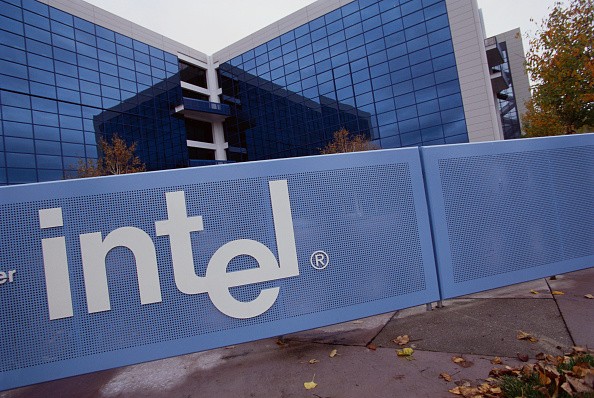The American multinational corporation Intel may currently be rejoicing, but the company's dominance may soon crumble as its leading customer Microsoft is now looking to use a chip from a different microprocessor manufacturer.
According to Bloomberg, Bill Gates-founded company Microsoft Corp. will be using Softbank Group-owned ARM Holdings Plc technology server chip in its cloud services hardware, which may lead to the latter's competitor to worn away its dominance in the data-center processor market.
Although the company is committed to using ARM processors made by Qualcomm and Cavium, Microsoft's Azure cloud division Vice President Jason Zander said that they are still in a testing phase and isn't running the processors just yet. He
The move to switch from Intel to Arm-based processors was revealed at the 2017 Open Compute Project Summit in Santa Clara on March 8 by a distinguished engineer for Microsoft Azure Dr Leendert van Doorn. The engineer revealed that the company feels that "ARM servers represent a real opportunity." He even noted that the results were fascinating when they did a side-by-side evaluation with their production workloads, Tech Republic reported.
It can be remembered that Microsoft Azure is the second largest cloud infrastructure next to Amazon Web Services (AWS) that is also producing ARM-based chips for hardware that handles 4K video delivery, cloud, IoT, networking and storage. Since both uses ARM-based chips, there is a potential that Intel's profit will significantly decrease this year, while this will compensate ARM's 5 years of failing to attract significant impact on the data-center market.
In other semiconductor industry news, AMD's new Ryzen CPU is negatively affected by a newly found bug in Windows 10's scheduler. Though the bug is confirmed to affect all Windows 10 versions and not affecting Windows 7, there's no news however if Windows 8 versions are affected.
With the newly discovered bug in Windows 10 scheduler, it's unable to "differentiate principal core threads from virtual SMT threads with Ryzen and in fact sees 16 thread Ryzen 7 processors as processors with 16 physical cores with equal resources per thread," WCCFTech has learned.



























